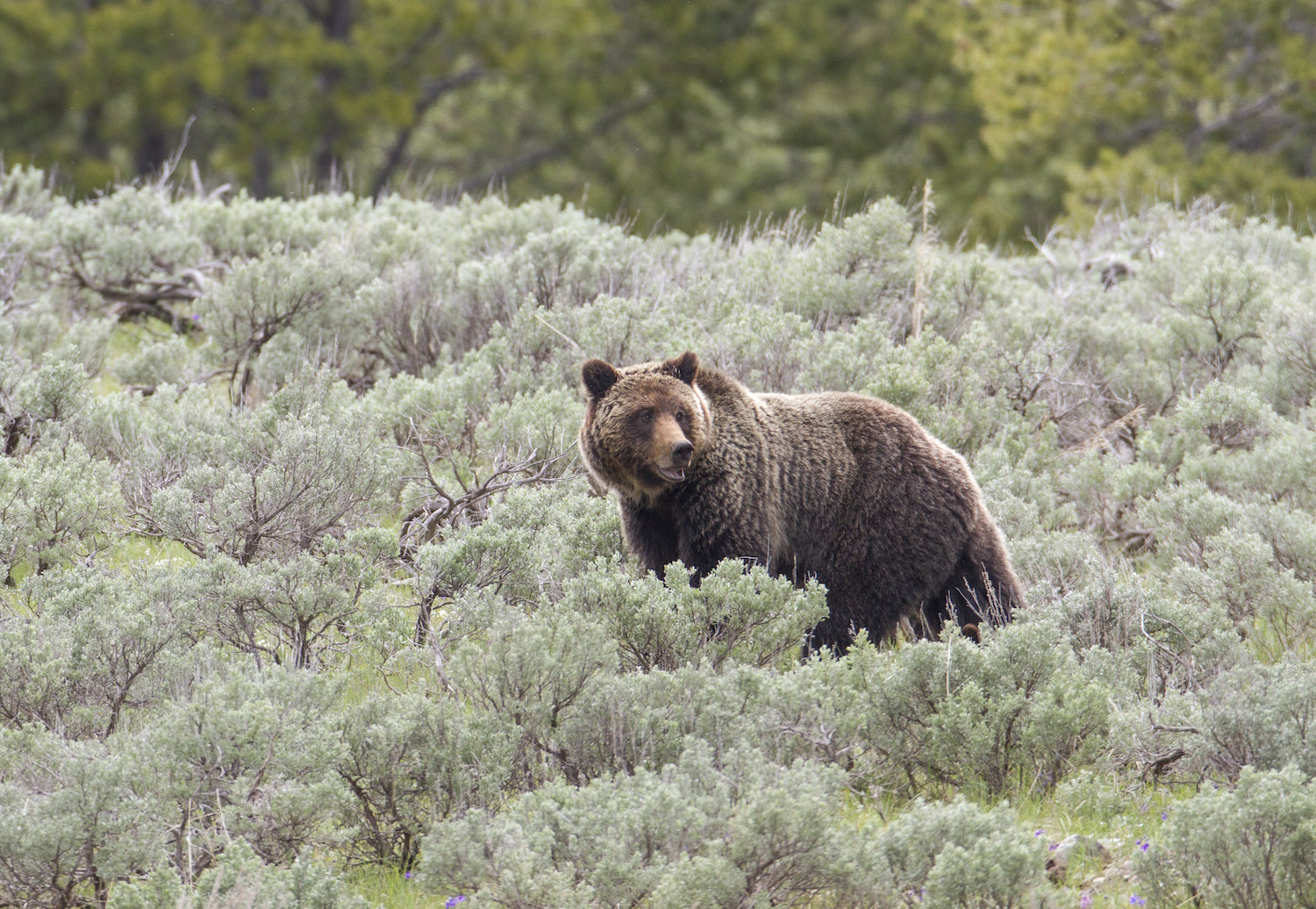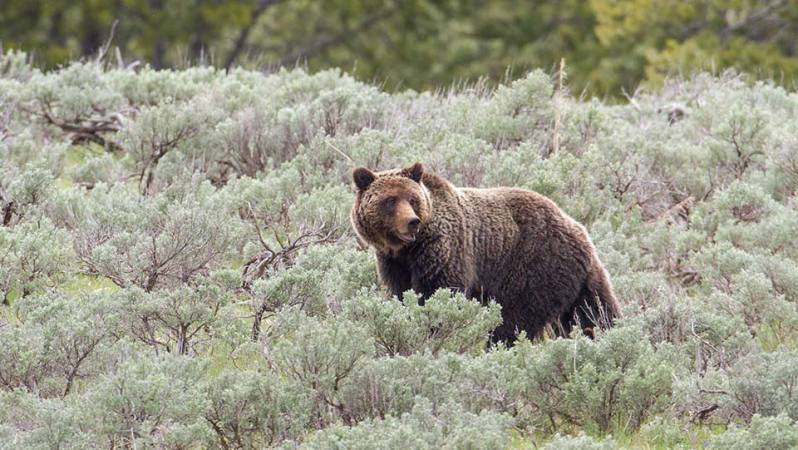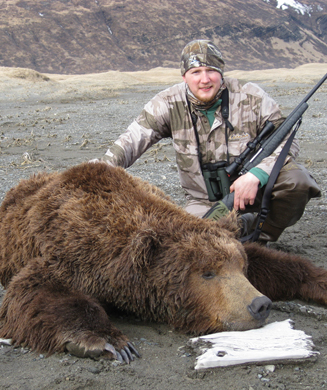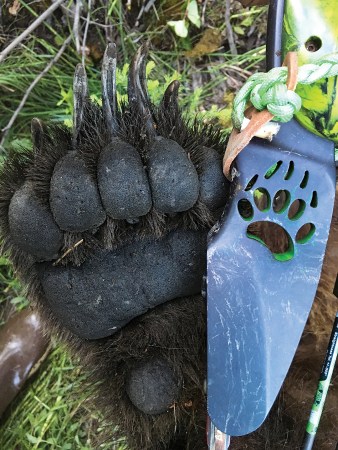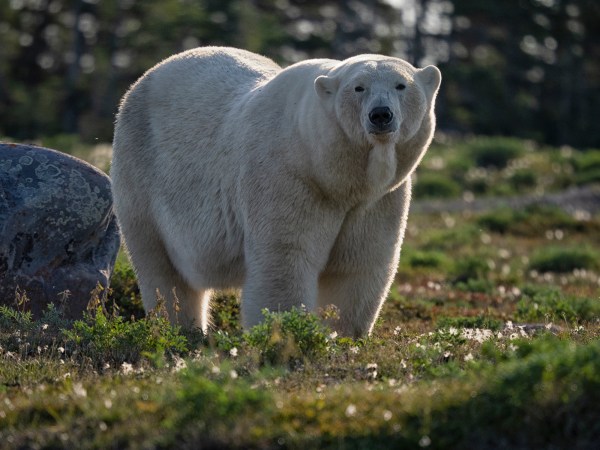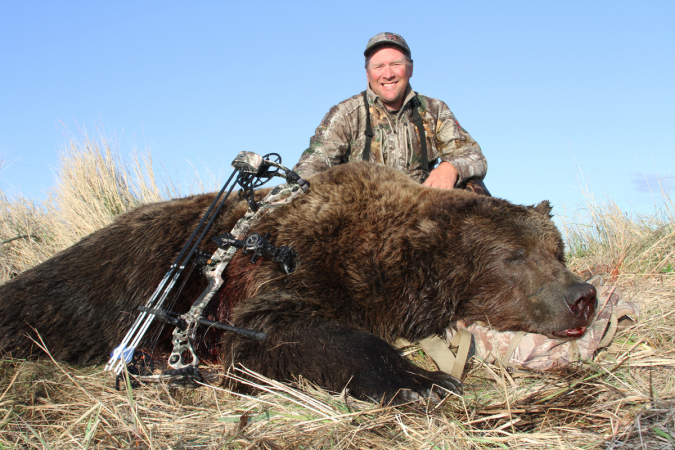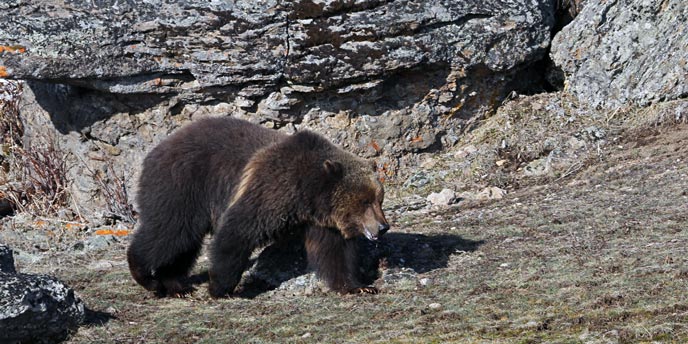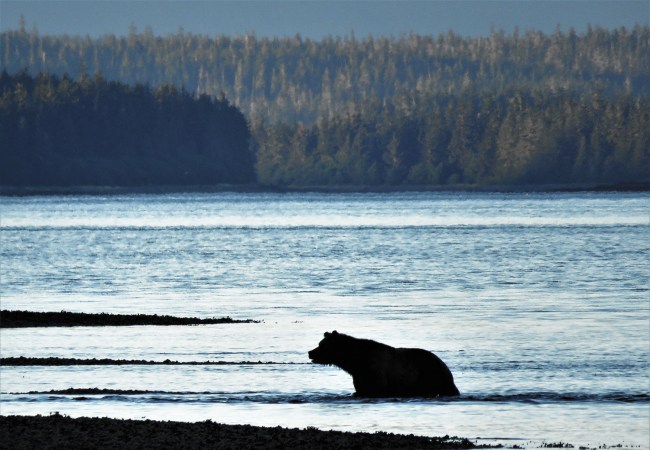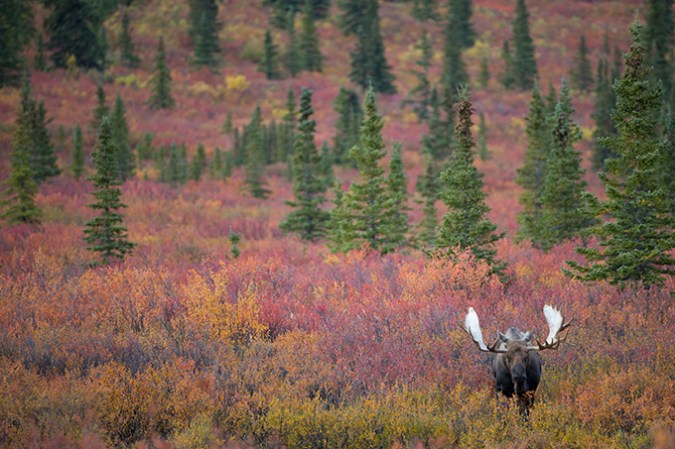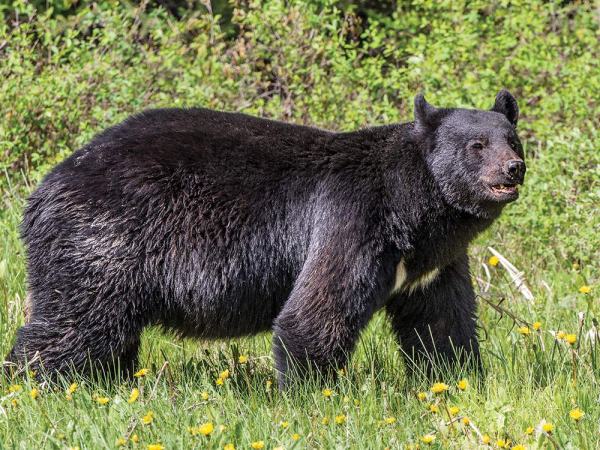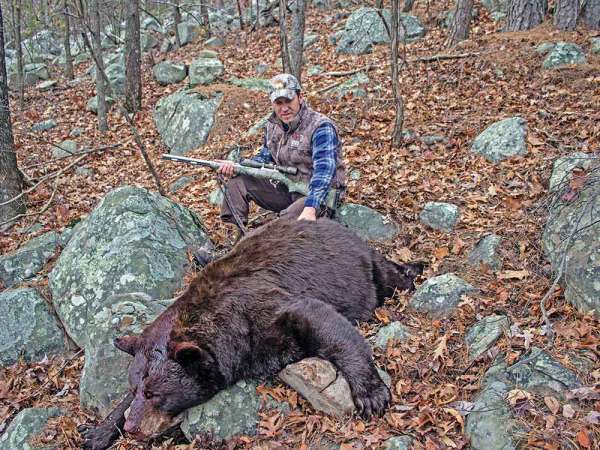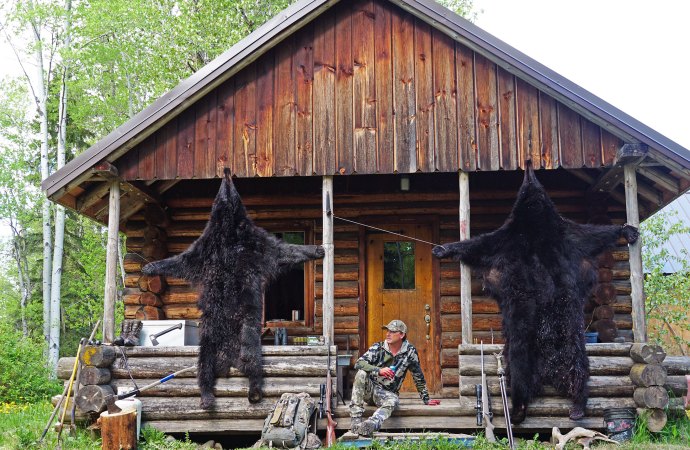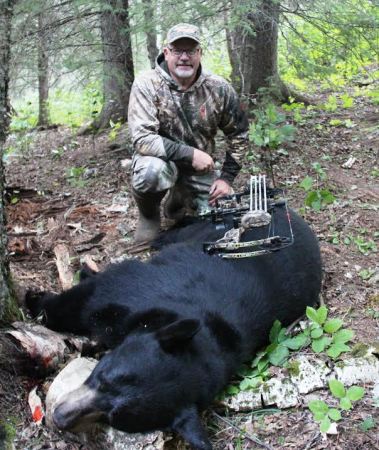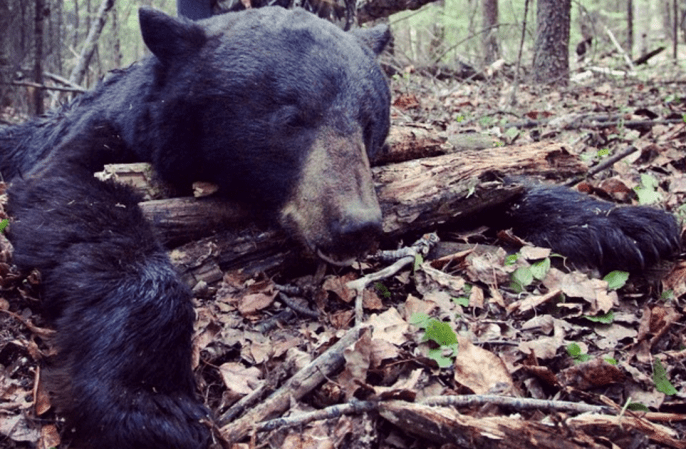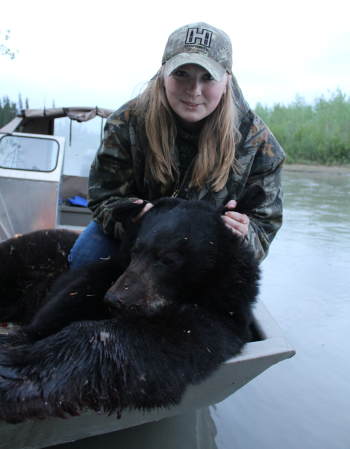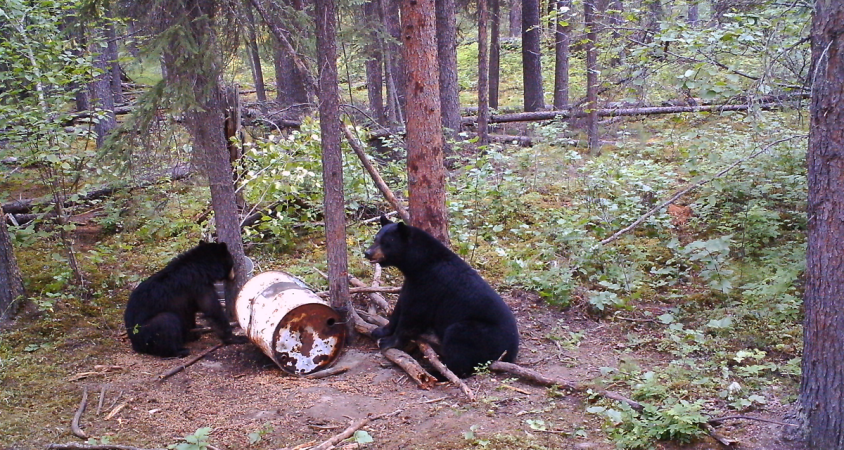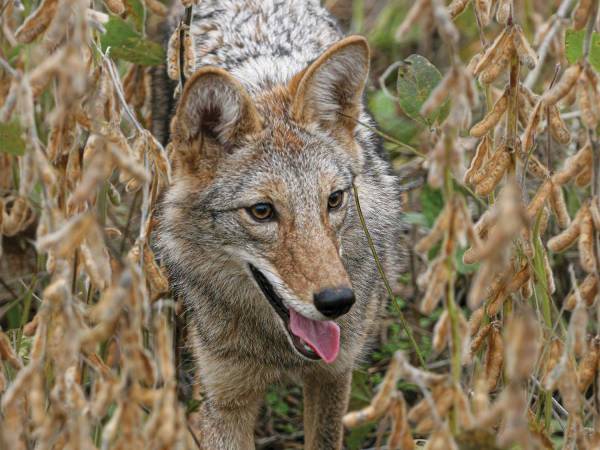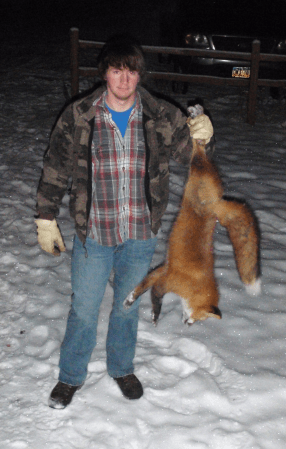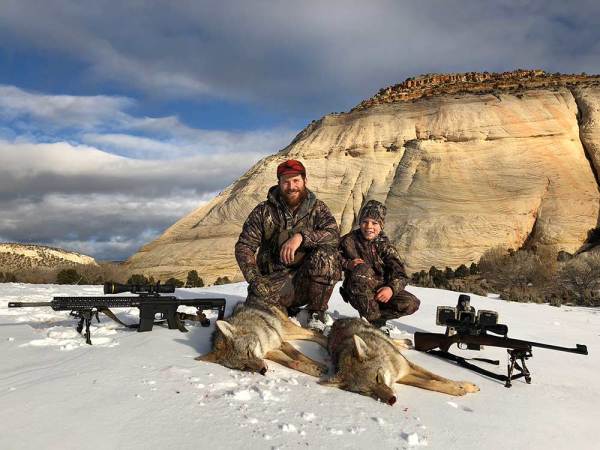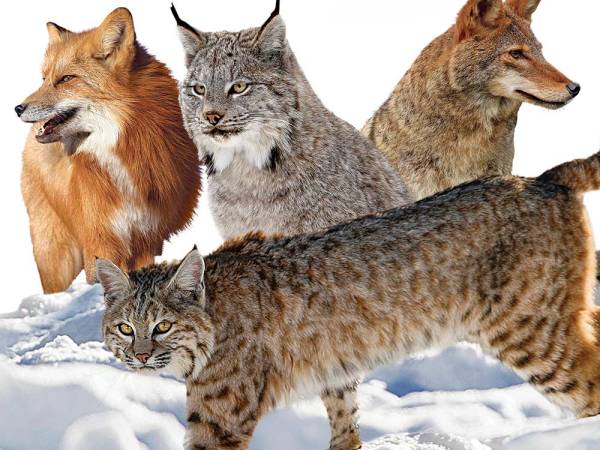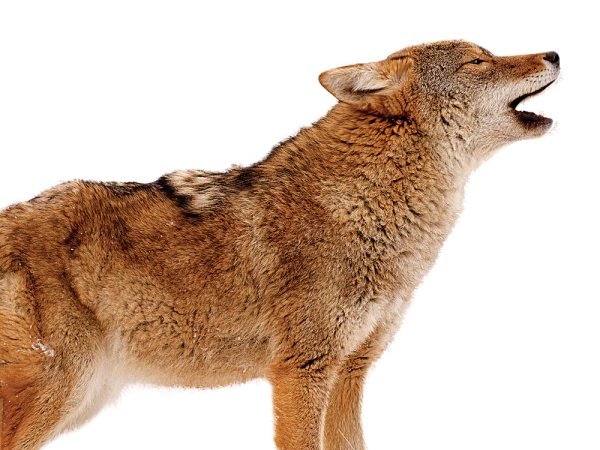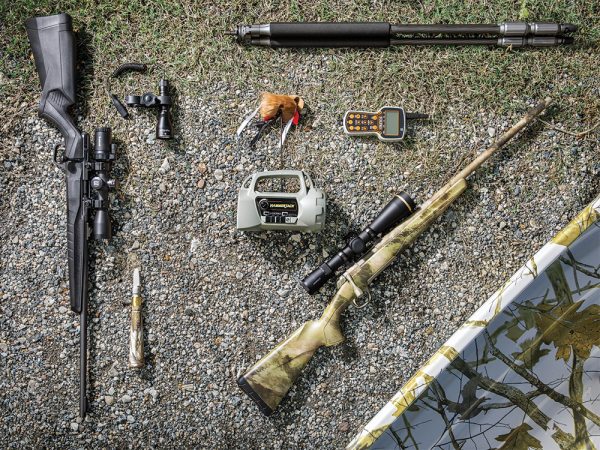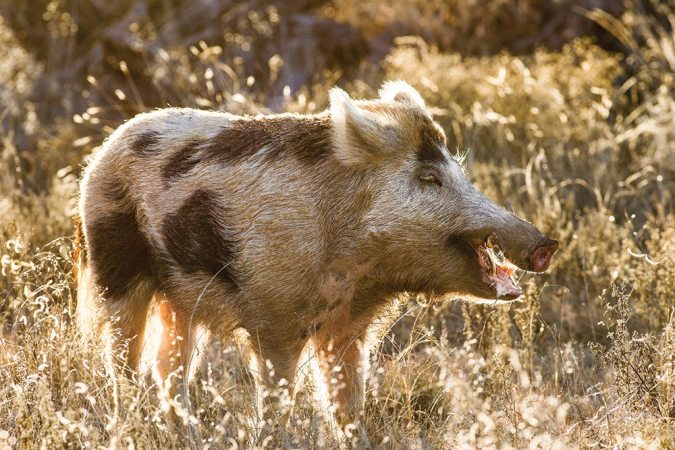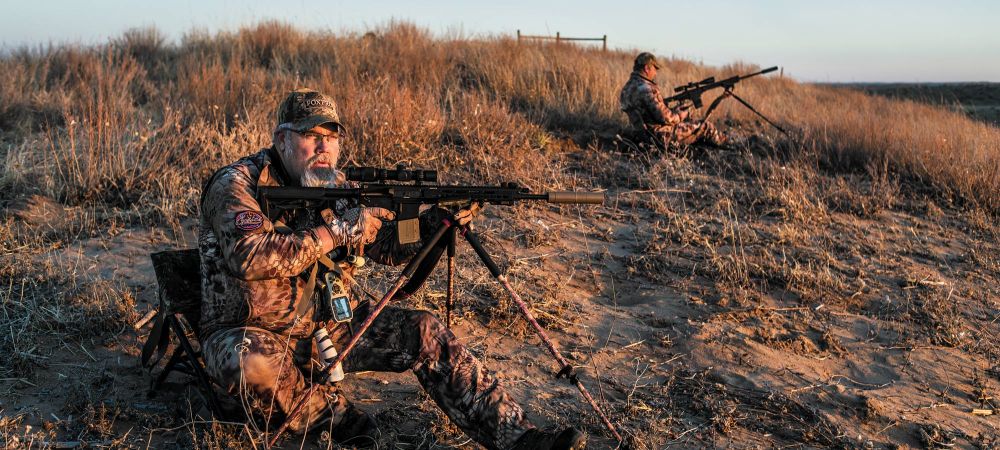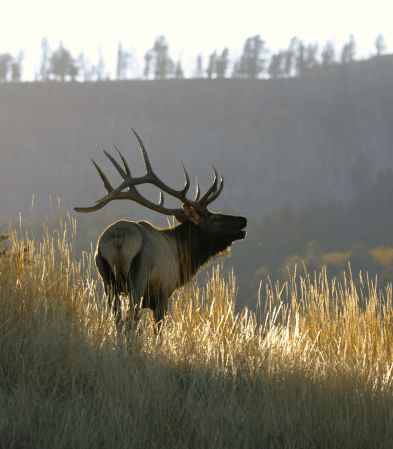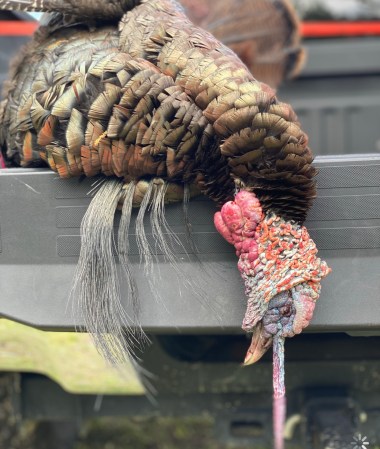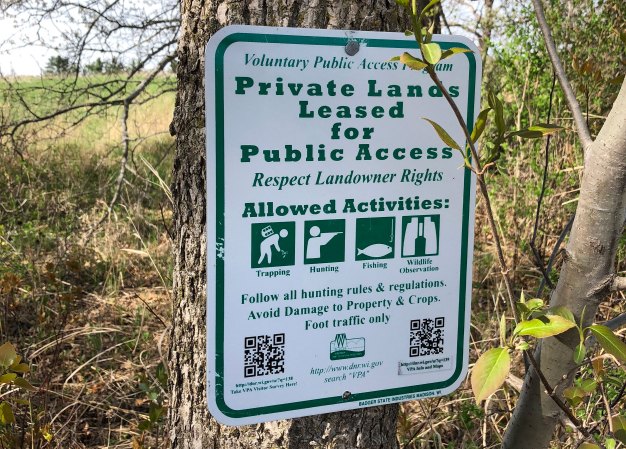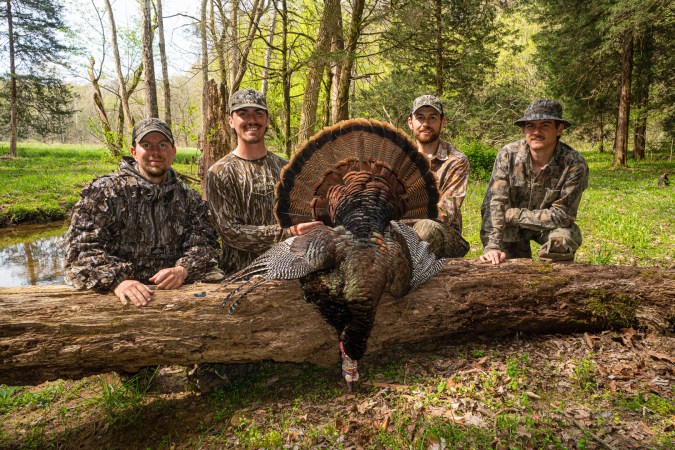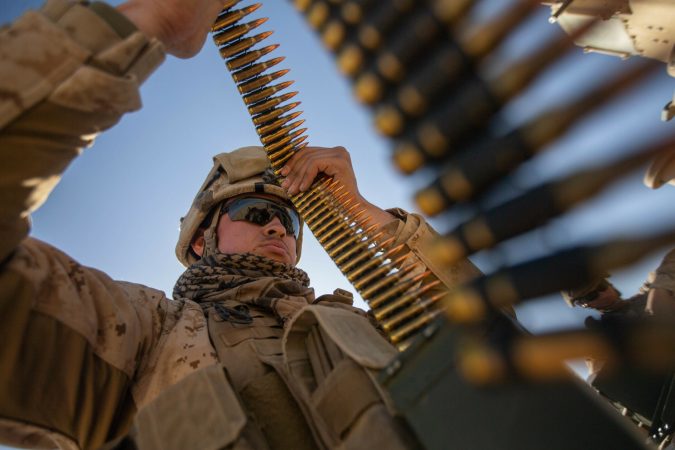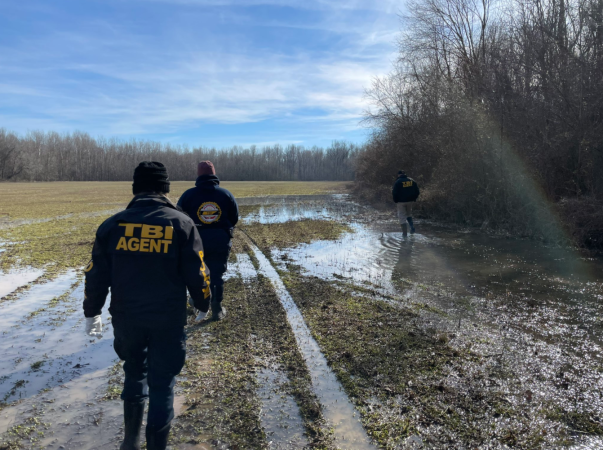Grizzly bear hunting was banned in British Columbia in 2017. A subsequent lawsuit was brought by hunting guides and outfitters in 2018 and on May 16 they were back in court seeking certification of a class-action suit against the government to bring the hunt back. Their argument? The ban caused them undue financial harm. Also, it wasn’t needed from a conservation standpoint.
Their petition to the B.C. Supreme Court contends that the hunting ban on grizzly bears in B.C. devastated more than 100 guide outfitters, according to Richmond News. The effort is led by Ron Fleming and his wife, Brenda Nelson, of Love Bros. & Lee, a hunting guide and outfitter company in the province.
“This sudden change was devastating for Ron and Brenda Fleming,” the petition says. “And it was devastating to the 118 other guide outfitters (and) small business owners … who also relied on the grizzly bear hunt for some or all of their livelihood.”
The petition argues that the minister had banned hunting for political reasons and that those decisions were “not consistent with the purposes of the Wildlife Act, and were an abuse of the authority that act conferred.”
Before 2017, non-resident hunters were required to hire a certified hunting guide, who receive quotas to hunt a variety of species, sometimes including grizzlies, within a region for five years, according to the Richmond News. Fleming testified that each grizzly hunt was worth $12,500, with an added fee if the customer was successful in killing a bear.
When the decision was made to ban the hunt, Fleming asked the Forests, Lands, Natural Resource Operations, and Rural Development for an explanation. He says he got no information and filed for a freedom of information request. The response he did get featured heavy redactions and was unsatisfactory, Fleming says.
Fleming originally brought the case to court in late 2018 seeking damages and for negligent representation and knowingly having no lawful reason to stop the grizzly bear hunts, according to The Canadian Press. At that time, the Province argued it needed more information to understand the claim and defend itself, but the court accepted Fleming’s lawyer’s arguments in December of 2018, dismissing the Province’s application.
Here’s a little more background on the ban and why it might have been put in place. In 2017, B.C. had roughly 15,000 grizzly bears, which is about 25 percent of the population in all of North America. Government officials even noted that public opinion was the main driver of the decision to ban hunting, not hard science.
B.C. Forests Minister Doug Donaldson said as much in a story from The Canadian Press. “It is no longer socially acceptable to the vast majority of British Columbians to hunt grizzly bears. That’s the message.”
Read Next: Are Grizzly Attacks Really on the Rise?
At the heart of the ban is a graphic viral video of a grizzly being shot multiple times during a bear hunt. It’s thought that the video fueled the anti-hunting fire for grizzly bears in B.C. and ultimately led to the government closing the hunt. When O.L. covered the ban in early 2018, Ben long wrote: “A decade ago, the killing of a grizzly bear would have had one or two witnesses: a hunter and perhaps a guide or companion. Today, killing a grizzly bear can be seen by millions of viewers on social media who won’t know the context of the hunt or the game management reasoning behind it.”
Regardless of how the lawsuit plays out, it’s an important reminder that social media posts about hunting can go viral and can have a real impact on hunting laws and regulations. Hunters need to be responsible and accountable for what they post on social media.
